We are bombarded with reports and news stories about pollution, wildlife declines, climate change and other environmental concerns. But as individuals we can often feel daunted and helpless about what we can do. However, with small changes, everyone (if they want to) can do their bit in small but meaningful ways and often save money.
Here is our practical expert guide on how to become more eco-friendly to live a greener life and reduce your carbon footprint.
1
Don’t flush away plastics, wet wipes and phosphates
Trillions of tiny pieces of plastic accumulate in the world’s oceans, lakes and estuaries, harming marine life and entering the food chain.
Up to 219,000 tonnes of microplastics enter European waters every year and have been found on sea beds andin Arctic ice. Much of this comes from products flushed down plug holes and toilets, such as wet wipes and the microbeads found in many skincare products. Try to use scrubs and peels with sand, salt or coconut rather than plastics particles. Washing-up liquids and detergents containing phosphates behave like fertilisers in water, encouraging algal blooms that suffocate aquatic wildlife.

2
Buy more seasonal food
Air freighting fresh produce long distances has more than trebled in the past 20 years. This uses energy in transport, storage and building roads. Supporting local food producers cuts down on food miles and many other costs to the environment.
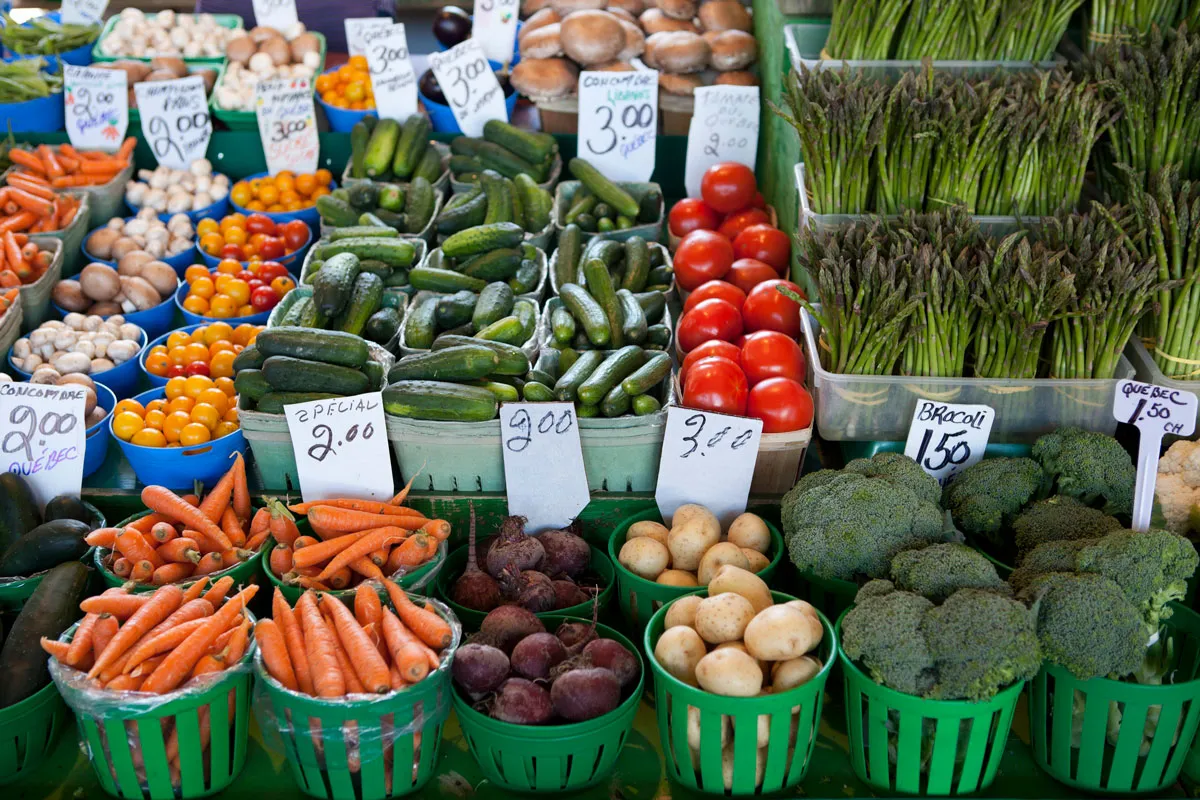
3
Recycle more
Recycling of waste collected from households across the UK has fallen for the first time since records began. In the UK more than half a million tonnes of metal packaging and nearly 2 million tonnes of glass packaging are recycled per year. If we recycle all the steel packaging we used in a year, the energy saved would power 50,000 return train journeys between London and Edinburgh.
The majority of everyday household items, from aerosols to toner cartridges and white goods, can now be recycled either via kerbside collections or at local authority amenity sites.
4
Cut down on food waste
More than 7m tonnes of food and drink are wasted in the UK each year and on average every person in England produces seven times their own weight in waste a year. If we all stopped wasting food that could have been eaten, the benefit to the planet would be the equivalent of taking 1 in 4 cars off the road. Use what food you do waste to make a compost heap. If you can’t do that but need compost, then buy peat-free compost: multi-purpose compost is usually taken from peat layers that make up lowland raised bogs, which are important wildlife habitats.
What is composting?
Composting is an inexpensive, natural process that transforms your kitchen and garden waste into a valuable and nutrient rich food for your garden. Compost will help improve soil structure, maintain moisture levels, and keep your soil’s pH balance in check while helping to suppress plant disease.
Ideally site your compost bin in a reasonably sunny spot on bare soil – it makes it very easy for beneficial microbes and insects to gain access to the rotting material. It also allows for better aeration and drainage, both important to successful composting.
To make the best compost aim for a balance of 50% greens and 50% browns in your compost bin to get the right mix.
‘Greens’ are quick to rot and provide important nitrogen and moisture, examples include:
- Brussels sprout stalk
- Carrot tops
- Citrus peel
- Coffee grounds
- Cut flowers
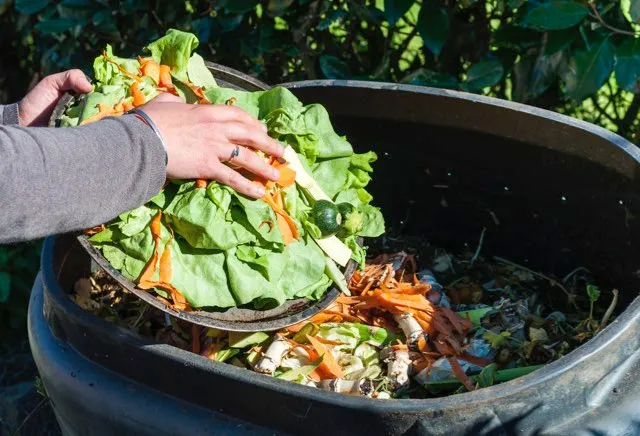
5
Drive less
56% of car journeys are under five miles and more than 50,000 people a year die prematurely as a result of air pollution
This is linked to either inhaling minute particles of oily, unburnt soot emitted by all petrol engines or from nitrogen dioxide emitted by diesel engines. Several urban streets in the UK broke their annual air pollution limits before the end of January. By law, hourly levels of toxic nitrogen dioxide must not be more than 200 micrograms per cubic metre more than 18 times in a whole year. If you can, cycle or walk shorter journeys – it may take longer but it will save you money, parking is easier and it’s excellent exercise.
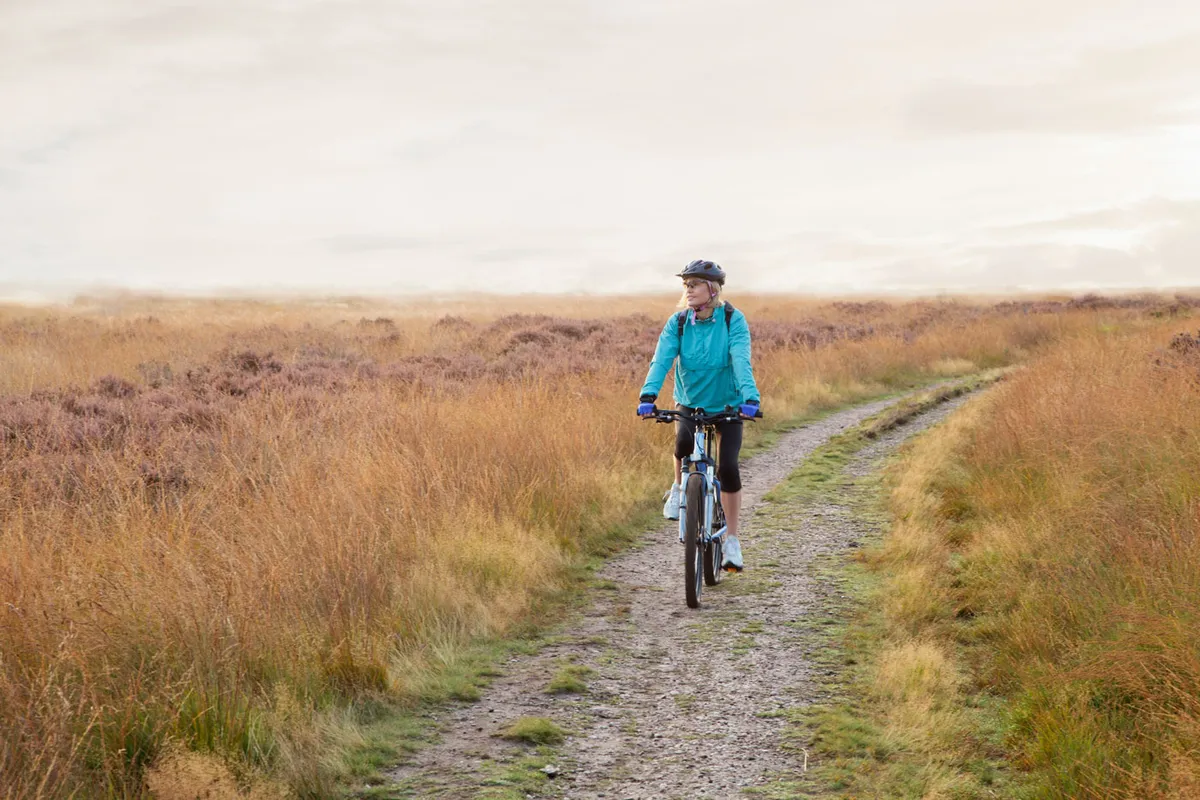
6
Grow your own food
Devoting gardens and local land to growing food can help prevent water run-off and flooding. It also produces cleaner air, as well as high-quality crops with almost zero food miles. There are about 330,000 allotment plots in the UK and enough demand for a further 90,000.
Studies show that allotment gardeners enjoy better self-esteem and general health and experience less depression and fatigue. Wildlife does well, too.
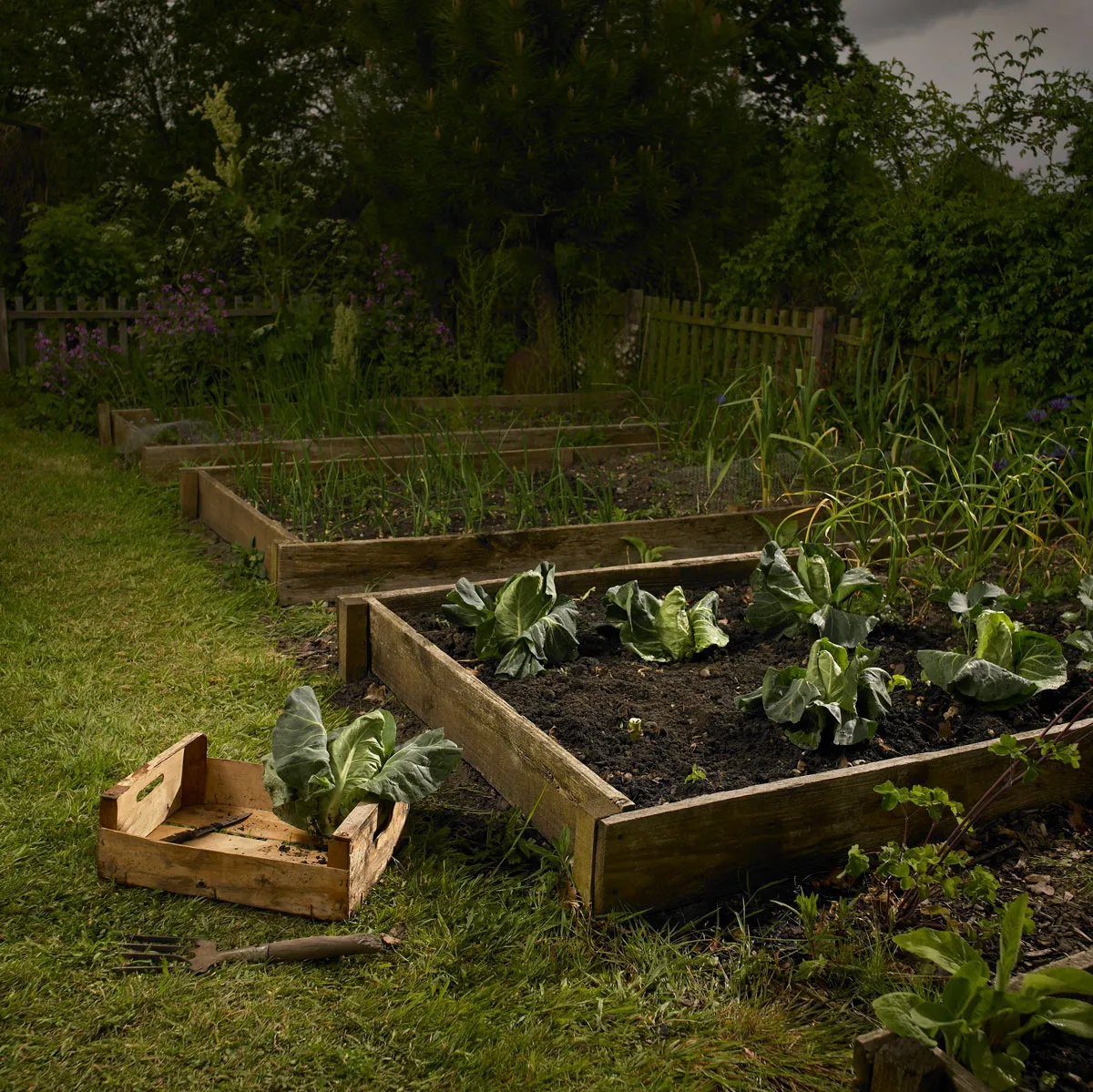
7
Buy local produce
Shop locally when exploring the UK and encourage supermarket chains to source more of their goods locally. Make it known to farmers and conservation organisations that you appreciate the work they do, the wildlife they support and the landscapes they manage. Find out about the methods they use and the standards they work to. Try to get to personally know the farmers that supply your food – for example, through farmer’s markets. The more money spent with local outlets, the more stays in the local area, helping to support local jobs.
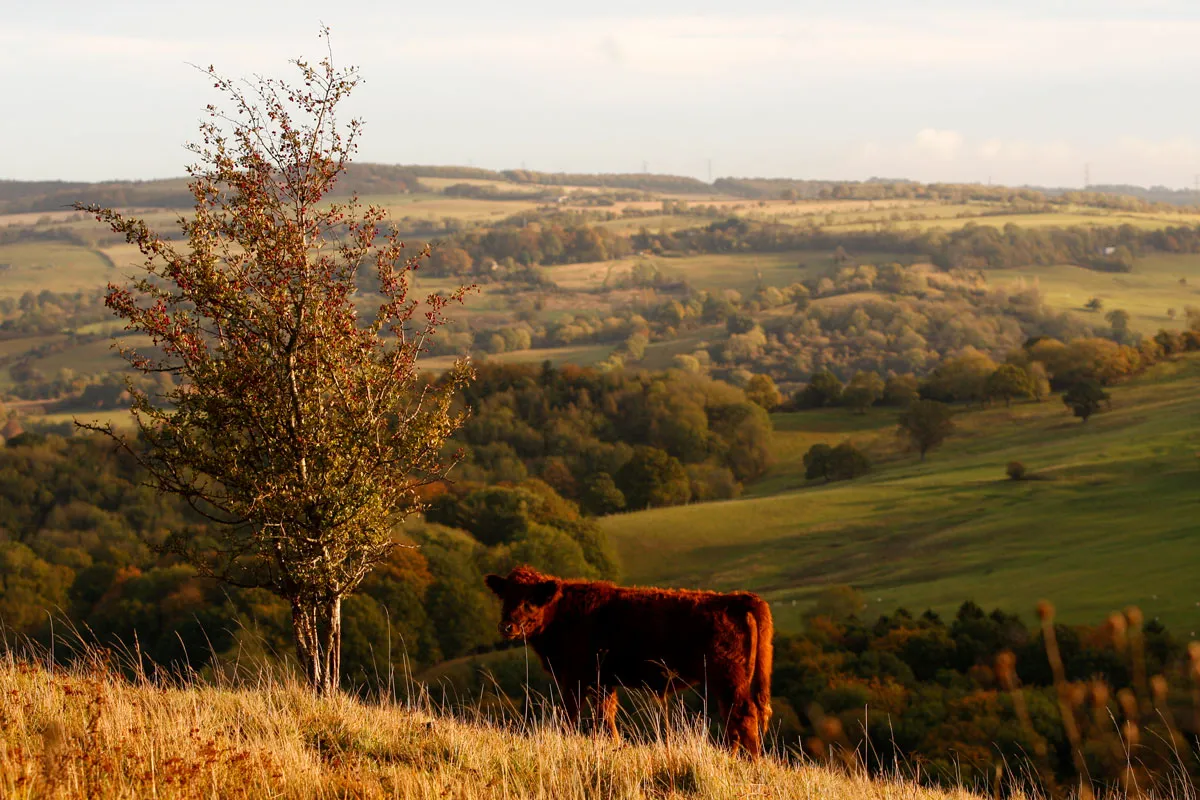
8
Reduce water use
The UK has less available water per person than most other European countries – and the more water consumed, the less there is for the wider environment. The poor condition of many of our rivers (just 0.08% of England’s rivers are high quality), wetlands and bays is due in part to the high levels of water extracted. If the adult population of England and Wales turned off taps when not in use, it would save 180 megalitres a day. Duel flush toilets typically use 4-6 litres of water compared to older systems that use 13-15 litres per flush. Reuse bathwater to water plants.
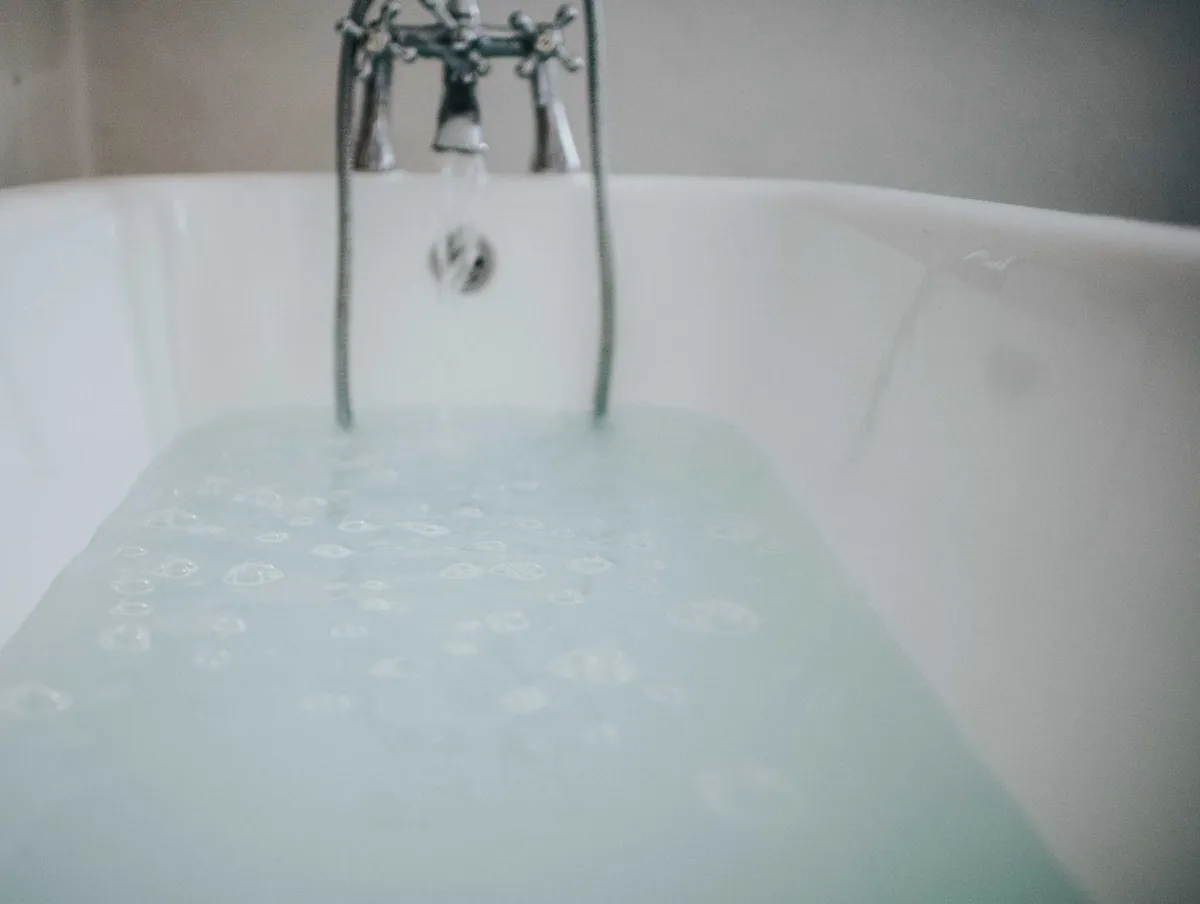
9
Insulate your home
Grants are often available for cavity wall/loft insulation – about a third of all heat lost in an insulated home escapes through the walls. Professional draught-proofing of windows, doors and blocking cracks in floors and skirting boards can save £35 a year on energy bills; a chimney draught excluder can save £25 a year.
For heating, install a room thermostat and thermostatic radiator valves and you could save £155 a year. Turning down the room thermostat by one degree can save £85 a year.
10
Save more electricity – and switch off appliances when not in use
Most electricity generation still requires burning fossil fuels and contributes to climate change. But there are ways to cut demand and save money. UK households spend £30 a year powering appliances in standby mode. When replacing old appliances, look for products with the best energy rating. Save energy by defrosting the fridge regularly. Replace incandescent bulbs with compact fluorescents. Only fill the kettle with the exact amount of water that you need.